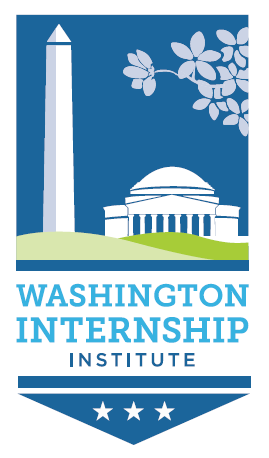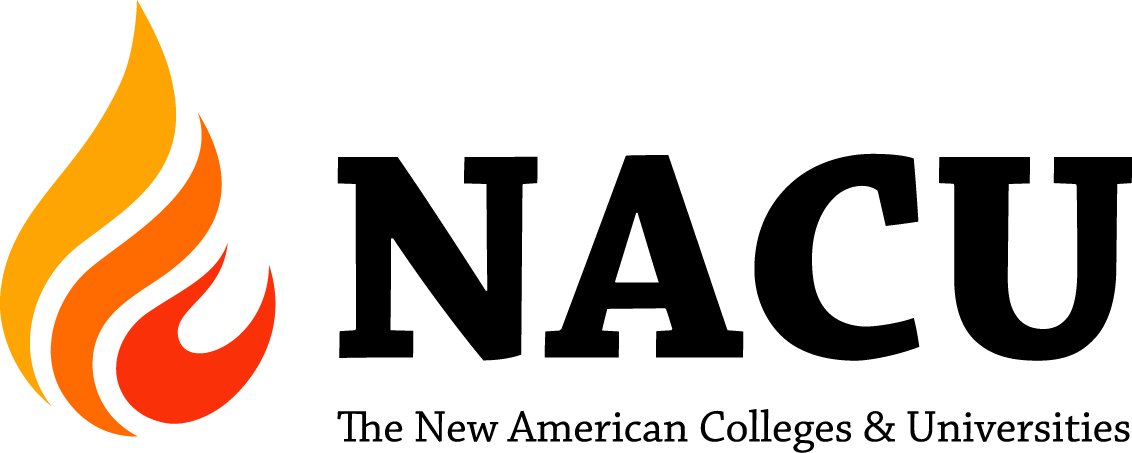Head Versus Heart
/When students talk to me about what they are majoring in, I often suggest to them that they should major in what they love--what they find most interesting, what energizes them. Admittedly, this advice is based pretty heavily from my own experience. I entered college as an International Relations major, but after taking a horrific History class and discovering I would have to take Economics (which I regret not doing in hindsight), I was on the lookout for other options. My first semester, I took a class called "The Art of Writing" and was hooked: I'd be an English major. It wasn't just that I liked reading, talking about writing, or accumulating books; I was also pretty good at all three.
What Brianna Wiest says in this blog post might contradict me, or at least temper my statements. Her argument is that we can't just pursue what we love to do because passion and desire only get you so far; as she says, a passionate but ineffective pre-med student is not going to become a doctor you want operating on you.
And, we see this sometimes in students applying to our program: they have ideas of what they want to do based on experiences from their networks or from media, and they want to pursue them--regardless of whether they are well-suited toward that field. It's a difficult conundrum to face: whether to continue to follow your heart or to follow your head.
When the choice is presented like that, it seems that only one path leads to joy while the other leads to drudgery. However, I really liked how she reframed the discussion in her post:
The real joy of daily work is in what we have to give. We are not fulfilled by what we can seek to please us, but what we can build and offer. It is not fame, or money, or recognition that makes for a thoroughly meaningful life, it is how we put our gifts to use. It is how we give.
Pursuing our passions is certainly a worthwhile exercise: doing so refines who we are and what we know. However, pursuing our passions without understanding that we may not actually be good at those things has to result in a series of disappointments and frustrations.
By no means would I dissuade students from pursuing majors that they love because I think there is still a correlation between academic success and engagement (i.e., I think you'll do better at something you like versus something you hate). However, I may also temper that advice with the suggestion that, just as much as they follow their bliss, they should also follow their skills.


